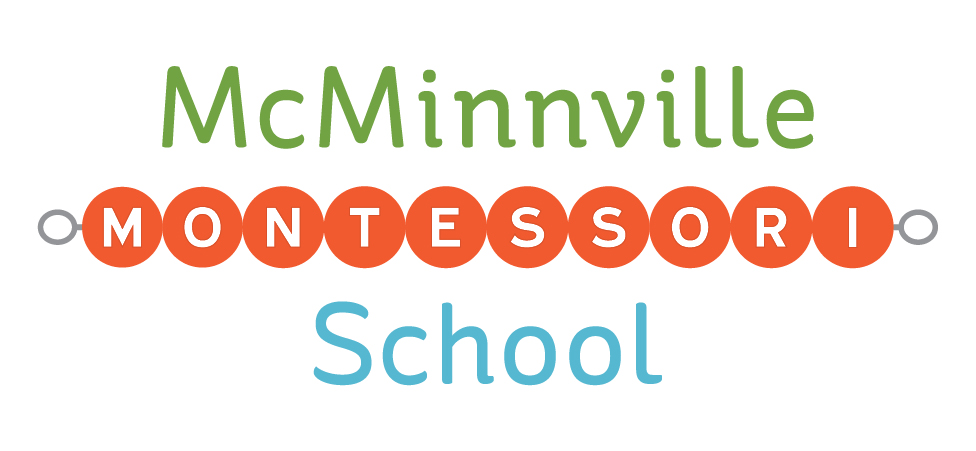Why Montessori?
In 1907, Maria Montessori called her first school Casa dei Bambini, “the Children’s House”. She chose this phrase to accentuate the difference between her child-centered educational methods and the adult-centered approach to teaching that was dominant at the time (and is still the model in many schools today).
“All humans of every race and every country on earth have children, and the child can become the focus of universal interest to create a sphere of action that will enable all mankind to work together.”
Dr. Montessori argued that the most effective way to educate the child is to design a learning environment that meets the developmental needs of the “whole child”, nurturing social and emotional needs as well as academic growth.
The role of the teacher is to observe the children, support their efforts, and guide them in the exploration of new ideas and the practice of new skills. If we are attentive and “follow the child”, the child will teach us what she or he is ready to learn and we can provide appropriate materials to facilitate that learning. By encouraging children to choose their work in a given time period, concentration is increased, resulting in greater mastery. Not to mention, it is empowering for each individual child to pursue their own interests and choose work that is challenging.
“McMinnville Montessori feels like a familiar and welcoming place. Our son is excited to go to school every morning, and we appreciate having an environment that fosters curiosity and independence. We are grateful for opportunity to be part of this community!”
Dr. Montessori published books and essays outlining her theories and methods. For over 4 decades her intense study of childhood development allowed her to formulate articulate philosophical, psychological and pedagogical principles. All of this, coupled with a vast range of teaching materials, is now known as the Montessori Method. This insightful educational framework is designed to support all learners.
When considering a Montessori education for your child, it is helpful to understand these fundamental concepts:
The Multi-Age Classroom
The Prepared Environment
Montessori Materials
The Role of the Teacher
The Four Planes of Development

